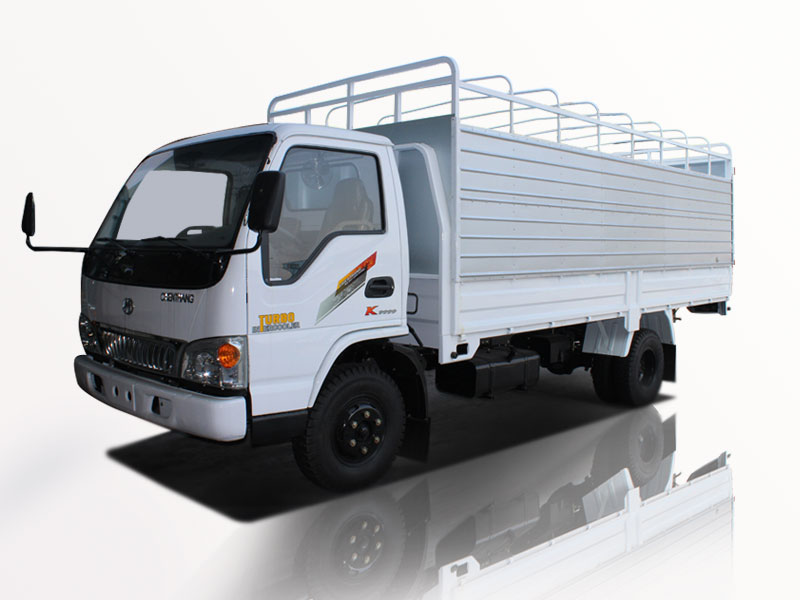Waste management is an integral part of urban infrastructure, and mini trash trucks have emerged as a practical solution for efficient garbage collection in crowded cities. This article delves into the features, benefits, and various applications of mini trash trucks, highlighting their importance in modern waste management systems.
Understanding Mini Trash Trucks
Mini trash trucks are small, compact vehicles designed specifically for collecting waste in urban areas. They offer an efficient alternative to larger trucks, especially in narrow streets and congested areas where maneuverability is crucial.
What Are Mini Trash Trucks?
Mini trash trucks are smaller than standard garbage trucks, typically ranging from 3 to 6 tons in weight. They can easily navigate through tight spaces and are equipped with features that allow them to collect various types of waste, from household garbage to commercial waste.
Benefits of Mini Trash Trucks
- Enhanced Maneuverability: Their compact size makes it easier to navigate crowded streets and tight corners.
- Cost-Effectiveness: Mini trash trucks consume less fuel and require lower maintenance costs compared to larger models.
- Environmentally Friendly: Many mini trash trucks are designed with eco-friendly features, such as reduced emissions and increased fuel efficiency.
- Flexibility: They can be used for various waste types, including recyclables, organic waste, and commercial refuse.
Key Features of Mini Trash Trucks
Mini trash trucks come with various features that make them suited for urban waste management. Here are some of the standout attributes:
Size and Capacity
Typically, mini trash trucks have a payload capacity of 1,500 to 3,500 pounds, allowing them to carry a substantial amount of waste while still being lightweight and agile.
Loading Mechanisms
Mini trash trucks can be equipped with different loading mechanisms, such as:
- Rear Loader: Traditional method where waste is dumped into the back of the truck.
- Side Loader: Waste is collected from the side, ideal for high-density areas.
- Automated Loading: Some models feature automated arms for easy pick-up.
Fuel Efficiency
Modern mini trash trucks often have diesel or electric engines, greatly improving their fuel efficiency and reducing overall operating costs.
Applications of Mini Trash Trucks
The versatility of mini trash trucks makes them suitable for various scenarios. Their main applications include:
Residential Waste Collection
Mini trash trucks are ideal for neighborhoods with narrow streets and limited access. They can collect household waste efficiently without damaging property or disturbing the peace.
Commercial Waste Collection
Businesses often produce more waste than residences but may lack space for large vehicles. Mini trash trucks can help streamline waste collection for restaurants, offices, and retail spaces.
Recycling Programs
Many municipalities employ mini trash trucks in recycling programs, thanks to their ability to collect recyclables alongside regular waste without requiring additional equipment.
Special Events and Festivals
During local events, mini trash trucks play a crucial role in maintaining cleanliness and managing the volume of waste generated, providing an on-the-spot solution for garbage collection.
Choosing the Right Mini Trash Truck
Selecting the appropriate mini trash truck for your needs can be challenging. Here are some factors to consider:
Weight Capacity
Understanding your typical waste volume will guide you in selecting a truck with the appropriate weight capacity.
Fuel Type
Deciding between diesel and electric models will depend on your operational requirements and environmental goals.
Maintenance and Serviceability
Choose a model that is easy to maintain and has readily available parts to minimize downtime.
Practical Tips for Operating Mini Trash Trucks
To ensure the effective operation of mini trash trucks, consider the following tips:
Regular Maintenance
Conduct routine inspections to catch any potential mechanical issues before they escalate. Pay special attention to:
- Engine and transmission health
- Braking system efficiency
- Tire tread and air pressure
Driving Safety
Operators should be trained to navigate urban environments safely, especially when dealing with pedestrians and cyclists.
Waste Segregation
Encourage proper waste segregation at the source to make the collection process more efficient, which can lead to better recycling rates.
Cost Analysis of Mini Trash Trucks
| Cost Item | Average Cost |
|---|---|
| Purchase Price | $30,000 – $80,000 |
| Fuel Cost (Annual) | $3,000 – $5,000 |
| Maintenance (Annual) | $1,000 – $2,500 |
| Insurance (Annual) | $2,000 – $3,000 |
| Operational Staff (Annual) | $25,000 – $50,000 |
Future of Mini Trash Trucks
As cities grow and waste becomes more complex, the role of mini trash trucks will evolve. Innovations in technology are paving the way for smart waste management solutions:
Smart Technology Integration
Future mini trash trucks may be equipped with sensors and GPS technology to optimize routes and minimize fuel consumption.
Electric and Hybrid Models
The push for greener vehicles is leading to more electric and hybrid mini trash trucks, which will further reduce environmental impact.
FAQs About Mini Trash Trucks
1. What is the average lifespan of a mini trash truck?
The average lifespan is typically around 10 to 15 years, depending on usage and maintenance.
2. Are mini trash trucks suitable for rural areas?
While they are designed for urban settings, mini trash trucks can also be useful in rural areas with limited access roads.
3. How often should mini trash trucks be serviced?
Regular servicing is recommended every 3,000 to 5,000 miles, depending on operational conditions and manufacturer guidelines.
4. Can mini trash trucks be used for recycling collection?
Yes, many mini trash trucks come equipped to handle recycling alongside regular waste.
5. What is the typical fuel type used in mini trash trucks?
Most mini trash trucks use either diesel or electric power, with increasing options for hybrid models.
6. Are there regulations regarding mini trash trucks?
Yes, mini trash trucks must comply with local waste management regulations and safety standards, which may vary by municipality.





